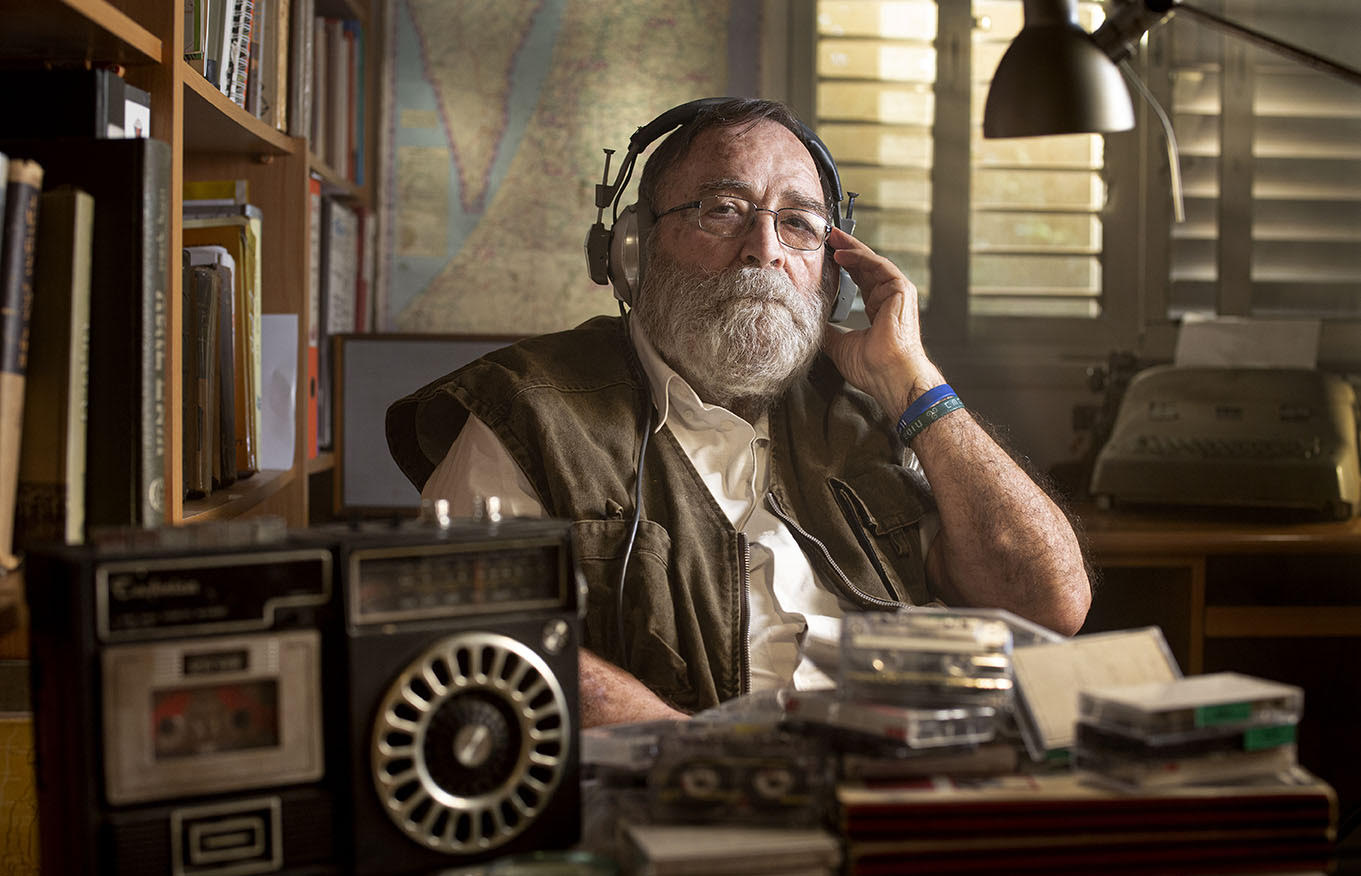
Tantura
Sundance Film Festival World Cinema Documentary Competition
Reviewed for Shockya.com by Abe Friedtanzer
Director: Alon Schwarz
Screened at: Critics’ link, LA, 1/12/22
Opens: January 20th, 2022
There are things in every country’s history that its inhabitants would rather not admit. The foundation and incorporation of many nations involves the presumption that the territory being colonized does not already belong to someone else. Those who seek to right the wrongs of the past are often in favor of probing and wrestling with the truths most would rather not say out loud. In the case of Israel, a relatively young country, much of the world questions its very existence, and the documentary Tantura looks at unsettling and deeply problematic issues tied to its foundation.
Tantura is the name of an Arab village in what before 1948 was called Palestine. As the State of Israel was officially founded, the residents of Tantura were displaced by the Israeli army. One former soldier, Teddy Katz, remembers that many of the people living there were killed, and not as a result of a battle but instead as a way of removing the population. Katz conducted numerous interviews with other soldiers from the time and wrote his Master’s thesis on the subject, which earned him widespread condemnation throughout Israel. This documentary revisits what he recalls and the astonishing number of corroborating testimonies.
What this film posits is indeed very disturbing, and there are comparisons to other instances in which invading groups have killed indigenous people, with references made to Australians and Aboriginals and Americans in Vietnam. The more unsettling notion is that this might be like what Hitler and the Nazis sought to do to the Jewish people, but presented as the colonization of land rather than the extermination of an ethnic group. It’s understandable why even a paper like Katz’s or a film like this could have the potential for tremendous damage for Israel.
What is most interesting is that these critiques come almost exclusively from Israelis. While some Arabs are heard on recordings sharing what life was like for them and how it was disrupted and forever changed, everything else comes from those who served with the Israel Defense Forces and are, in my cost cases, in their eighties or nineties. Younger scholars also contribute their perspectives based on extensive and seemingly undeniable research, while there are others who insist that nothing bad happened and that all of this is simply a fabrication.
This is not the first film to look inward at what Israel has done that should be scrutinized. It’s been a prominent theme both in fiction, like Foxtrot, and nonfiction, like Waltz with Bashir. Whatever happened deserves investigation, and, as suggested by some interview subjects in the film, memorials should absolutely be set up for those whose burial sites are unknown and may lie in a mass grave under a beachfront parking lot. Yet what this film threatens to do is to challenge the existence of Israel in any form, arguing that this is one more reason that what some deed an apartheid country should be disbanded entirely. In highlighting its important content, it focuses exclusively on one slice of a very complex history that includes other ancestral connection to and displacement from the land.
The perspectives and experiences of those who speak about what they went through and what they saw throughout this documentary are valid and should have a forum like this to be heard. To know that, as the film frames it, what Israelis call the War of Independence is referred to by Palestinians as the Nakba, or catastrophe, is important, and even more relevant that there are Israelis who acknowledge that. But while this film brings crucial truths to life that must be grappled with, it also has the potential to be weaponized into a rallying call to do away with Israel as a country altogether. Documentaries criticizing the American military are rarely if ever equated with a call for the abolishment of the United States. This film fails to dictate a clear response thesis that would prevent it from equating an action, however horrific, of the Israeli military with the country and its entire population.
95 minutes
Story – B-
Technical – B+
Overall – B-
